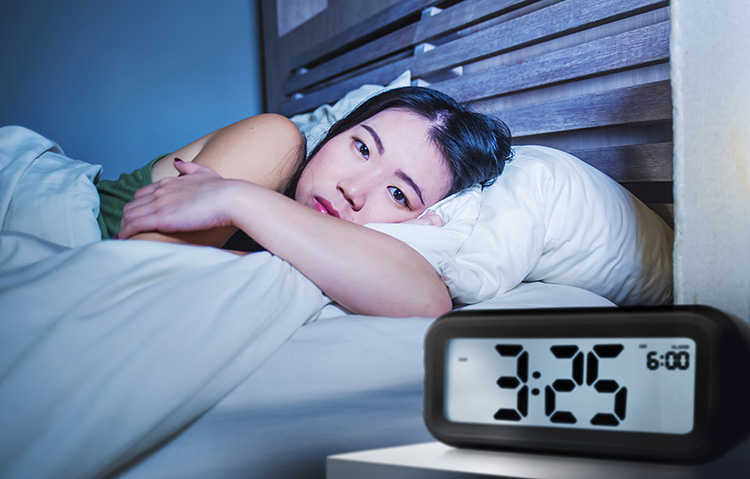Symptoms
What are the symptoms of insomnia?
Some symptoms, besides lack of sleep, that patients can experience include (2):
- Fatigue or malaise
- Poor attention or concentration
- Social or vocational/educational dysfunction
- Mood disturbance or irritability
- Daytime sleepiness
- Reduced motivation or energy
- Increased errors or accidents
- Behavioral problems such as hyperactivity, impulsivity or aggression
- Ongoing worry about sleep
Diagnosis
How to know if you have insomnia?
See “How to tell if you have insomnia?” listed above.
Are there insomnia doctors in Austin?
Yes, we treat insomnia here, at Speciality Clinics of Austin, but we also refer to sleep specialists for more specialized treatment if needed.
Treatment
How to treat insomnia?
We have different neurotransmitters that moderate our sleep. We have some ‘sleep’ receptors (adenosine, GABA, melatonin, for example) and some ‘wake’ receptors (hypocretin/orexin) that work to balance each other out and regulate our sleep cycles. Medications we use to treat insomnia typically affect the above receptors in helping correct the imbalance that is causing the sleeping pattern disruption. We also emphasize the importance of cognitive behavioral therapy working in conjunction with pharmacotherapy to help treat insomnia.
Are there counselors who deal with anxiety and insomnia in Austin?
Yes! CBT-i is the gold standard for behavioral treatment for insomnia. It is extensive, with 6 to 8 in-person visits over 8 weeks. However, there are online options like the unguided CBT-i that you can access using your smartphone (SHUTi, or Sleep Healthy Using the Internet) which have been validated by the FDA (3). We also recommend using psychologytoday.com to find a CBT therapist closest to your zip code and covered by your insurance.
What help can I get for Insomnia in Austin?
Specialty Clinic of Austin is currently accepting new patients to help aid in the treatment of insomnia. Therapy and sleep specialists such as https://www.txsleepmedicine.com are also available to Austinites.
References:
- Doghramji, Karl and Doghramji, Paul P., “Clinical Management of Insomnia” (2015). Department of Psychiatry and Human Behavior Faculty Papers. Paper 25
- American Academy of Sleep Medicine. International Classification of Sleep Disorders, 3rd ed, American Academy of Sleep Medicine, Darien, IL 2014
- Vedaa Ø, Hagatun S, Kallestad H, Pallesen S, Smith ORF, Thorndike FP, Ritterband LM, Sivertsen B. Long-Term Effects of an Unguided Online Cognitive Behavioral Therapy for Chronic Insomnia. J Clin Sleep Med. 2019 Jan 15;15(1):101-110. doi: 10.5664/jcsm.7580. PMID: 30621837; PMCID: PMC6329541.



